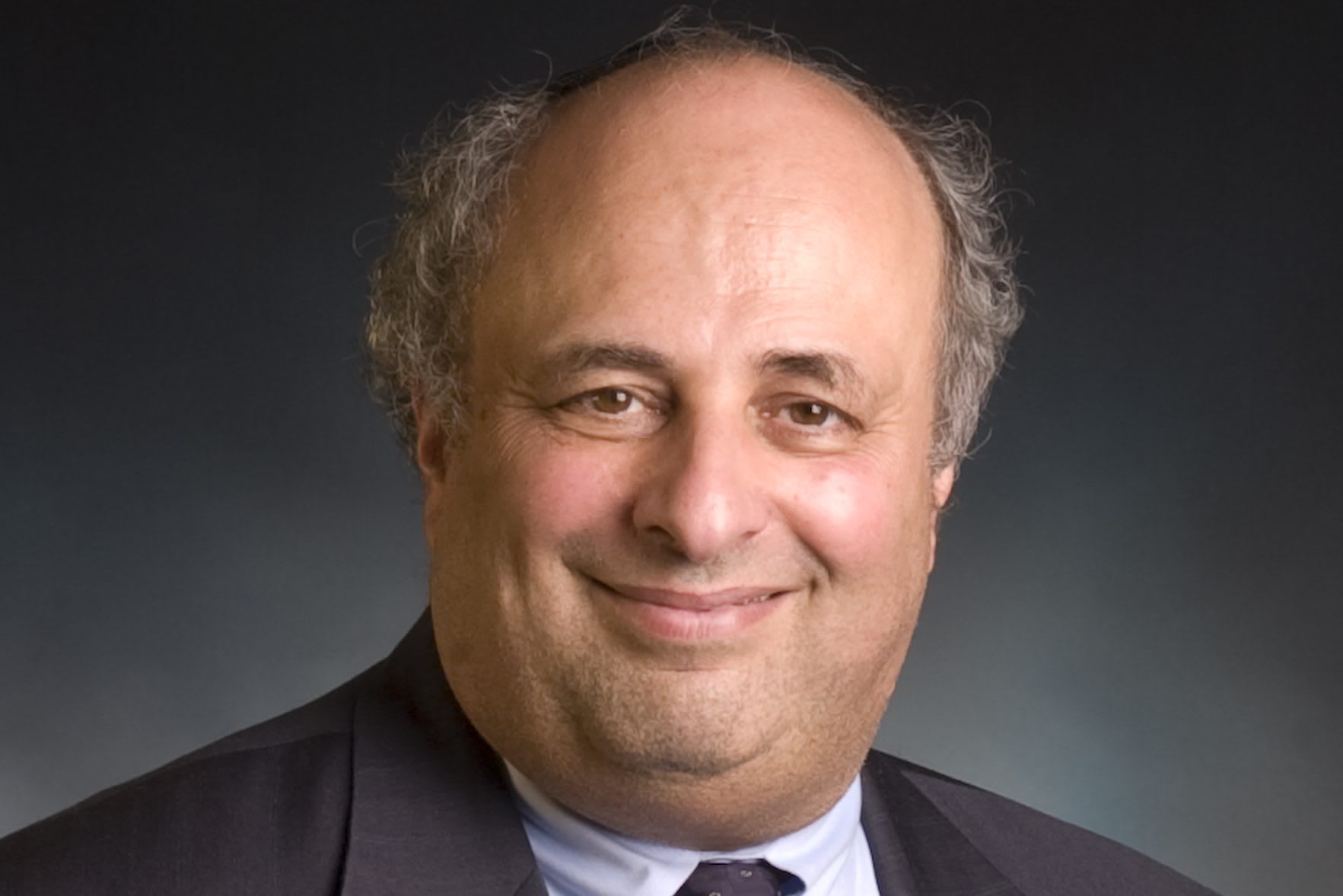It has come to my attention that many working women have been understandably upset by the implication in my article which was posted in the OU newsletter on January 3, 2013, that it is damaging for mothers to work in the first year of a baby’s life. It was certainly not my intention, nor my belief, that this is the case if the substitute child care is of high quality. I certainly recognize that many factors go into a mother’s need to return to work. (In fact, my own wife went back to work when my children were infants.) My intention in this article was to emphasize, through a review of psychological literature, the vital importance of quality substitute childcare in a situation where a mother does work outside the home. The second half of the original article gives some practical guidelines for how to choose that care more knowledgeably and effectively.
This article focuses on only one particular facet of parenting. There is so much more that goes into successful parenting than the number of hours a mother spends at home. Far more predictive of a child’s overall well-being and happiness are more intangible factors. We can provide our children with a pervasive sense of safety, security and peace by responding to their needs, demonstrating how much we enjoy being with them, being mindful and present when you are together, reading to them, and “stealing time” with them when we can (even in a mundane way like taking them on an outing to the grocery store). As I mentioned in the article, I can think of no priority as important as helping parents nourish their young child’s developing mind and soul by better equipping parents to manage the balance between work, parenting and marriage.
David Pelcovitz, Ph.D. holds the Gwendolyn and Joseph Straus Chair in Psychology and Jewish Education at Yeshiva University’s Azrieli Graduate School of Jewish Education.
The words of this author reflect his/her own opinions and do not necessarily represent the official position of the Orthodox Union.
